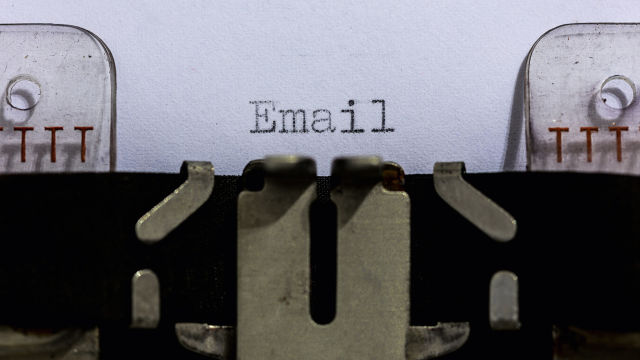On April 27, 2016, the U.S. House unanimously approved legislation requiring authorities to obtain a court warrant to acquire e-mails or data stored in the cloud.

The new bill, the Email Privacy Act, puts an end to the law established during Ronald Reagan’s term that allowed authorities to access e-mail and data from service providers without a warrant if the message was at least 180 days old. In 1986, the e-mail privacy law was put into place when CompuServe considered cloud-stored e-mail and other documents older than six months to be “abandoned” and up for takings.
Although the new bill was unanimously passed by the House, it must now go to the Senate for approval. For years, the Senate Judiciary Committee has debated passing a similar legislation, but it did not go anywhere. President Obama must also sign the bill, but it may not reach his desk before his term expires in January.
More than 300 House members co-sponsored the legislation approved on Wednesday. The bill details that warrants are required for all online documents and other private electronic files, such as photos, similarly to how warrants are needed for physical papers and effects.
The vote was 419-0, with 238 Republicans and 181 Democrats voting.
“While we applaud the passage of H.R. 699, the bill isn’t perfect. In particular, the Email Privacy Act doesn’t require the government to notify users when it seeks their online data from service providers, a vital safeguard ensuring users can obtain legal counsel to fight for their rights,” said Sophia Pope, a staff attorney with the Electronic Frontier Foundation. “However, companies may continue to provide notice to users of government requests—prior to compliance—something many companies commit to in our annual Who Has Your Back report.”
Several companies, such as Amazon and Yahoo, supported the passing of the bill.
Source: Ars Technica
Advertisement
Learn more about Electronic Products Magazine





